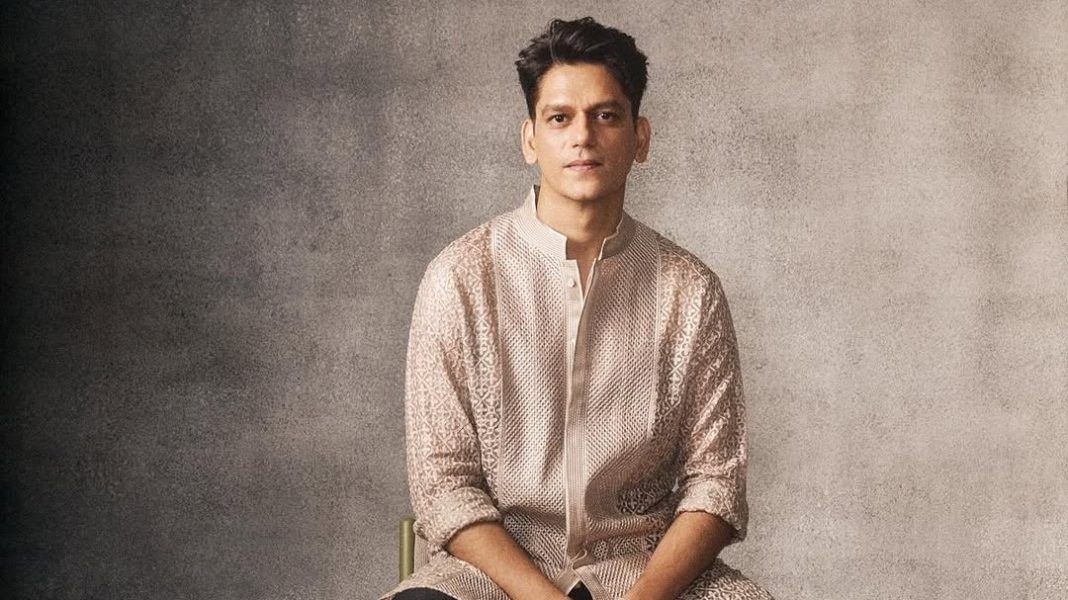In the vibrant and often demanding landscape of Indian cinema, where public personas often overshadow personal struggles, actor Vijay Varma has emerged not just as a versatile performer but also as a courageous voice for mental health awareness. Known for his captivating roles in critically acclaimed projects like Darlings, Gully Boy, and Kaalkoot, Varma recently shared a deeply personal revelation: his silent battle with depression and how his close friend, Ira Khan, played a pivotal role in his healing journey. This candid admission sheds light on the often-hidden challenges faced by individuals, even those in the public eye, and underscores the growing importance of empathy and support systems in navigating mental health crises.
The Unseen Battle Behind the Stardom
Vijay Varma’s trajectory in Bollywood has been marked by a gradual ascent, punctuated by years of struggle and perseverance before he found widespread recognition. It was during these earlier, more challenging phases, as well as amid the pressures of burgeoning success, that Varma found himself grappling with the insidious grip of depression. In a society where mental health issues are often stigmatized and dismissed, particularly for men, his decision to speak out is a significant step forward.
Varma’s experience resonates with countless individuals across India who silently endure similar battles. The actor highlighted the profound isolation that accompanies depression, a feeling often exacerbated by societal expectations to always appear strong and resilient. His honesty breaks down a crucial barrier, inviting a more open dialogue about internal struggles that are invisible to the outside world. His journey underscores that mental health challenges do not discriminate based on success or status, and that seeking help is a sign of strength, not weakness.
A Guiding Light: Ira Khan’s Empathy and Support
In his vulnerable disclosure, Vijay Varma gratefully acknowledged Ira Khan, daughter of actor Aamir Khan and herself a passionate advocate for mental health, for her instrumental support. Ira Khan has been vocal about her own experiences with depression, founding the Agatsu Foundation to promote mental wellness and destigmatize related conversations. Her personal journey and advocacy have equipped her with a unique understanding and empathy, which proved invaluable to Varma.
Varma recounted how Ira provided a safe, non-judgmental space where he could openly share his feelings without fear of misunderstanding or trivialization. Her approach was not one of offering quick fixes but rather of active listening, validation, and encouragement to seek professional help. This kind of genuine support, coming from someone who understands the nuances of mental health struggles, can be a lifeline for those feeling adrift.
Speaking about Ira’s crucial role, Varma reportedly stated, “Ira didn’t try to fix me or offer solutions. She simply listened, understood, and made me feel heard. Her presence, her empathy, and her insistence on normalising these conversations were instrumental in helping me acknowledge what I was going through and seek the help I needed. She taught me that it’s okay not to be okay.” This quote encapsulates the essence of effective support – not advising, but empowering and validating.
Normalising the Conversation: A Step Forward for Indian Mental Health
The candidness of public figures like Vijay Varma and Ira Khan marks a pivotal moment in the discourse around mental health in India. For too long, conversations surrounding depression, anxiety, and other psychological conditions have been confined to hushed tones or dismissed entirely. However, with prominent personalities sharing their stories, the stigma is slowly but surely eroding, paving the way for greater acceptance and access to care.
Their collective efforts underscore the critical need for a robust support system, both professional and personal. While therapists and counselors offer specialized interventions, the role of friends and family who can provide a nurturing environment, free from judgment, cannot be overstated. Varma’s story serves as a powerful reminder that mental health is a communal responsibility, requiring collective understanding, empathy, and advocacy.
In an era where the pressures of modern life, magnified by social media and professional demands, continue to impact mental well-being, such honest revelations offer hope and validation. Vijay Varma’s bravery in sharing his journey, bolstered by Ira Khan’s compassionate support, not only highlights their personal resilience but also serves as an inspiring call to action for a more empathetic and mentally healthy India.




